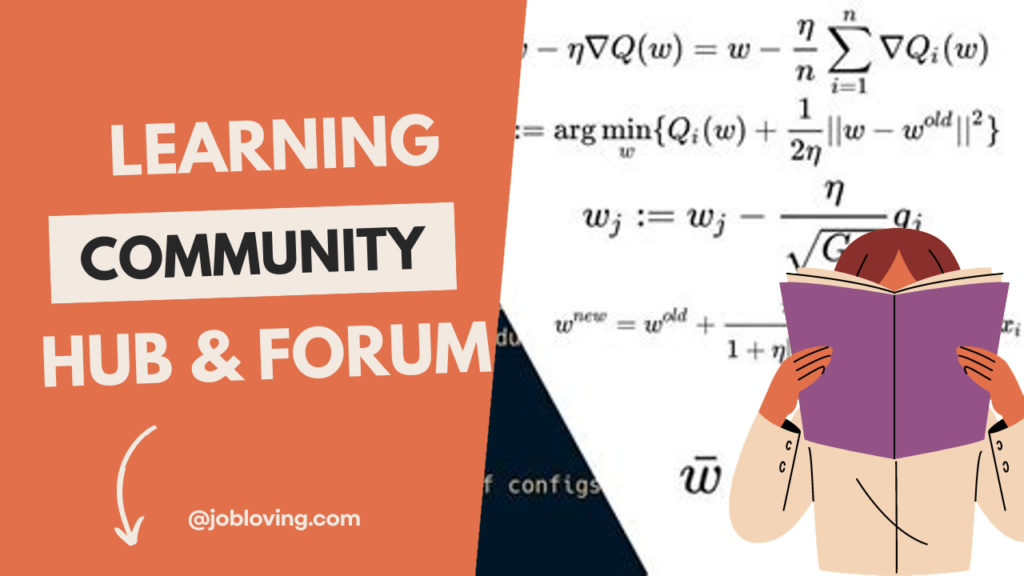Have you ever wondered if you need to dust off your calculus skills for a career in software engineering? Spoiler alert: the answer isn’t as black and white as you might think. While many aspiring software engineers might breathe a sigh of relief at the thought of avoiding complex equations, a solid grasp of math can often come in handy in unexpected ways!
Answer: Yes, calculus is often part of the curriculum!
Students in software engineering programs typically face a range of mathematics requirements, which include advanced algebra, calculus, and statistics. These courses lay the foundational skills for understanding algorithms, data structures, and the mathematical concepts that underpin much of the technology we rely on today.
So, why is calculus relevant, you ask? Well, calculus helps in understanding algorithms that involve continuous change, such as those used in fields like machine learning and graphics programming. Beyond calculus, statistics are crucial for data analysis and interpretation, especially if you’re dallying in data science or artificial intelligence. In addition to these core subjects, software engineers encounter other mathematical concepts that enhance problem-solving abilities and logical reasoning—a necessity in coding!
In summary, while you may not be using calculus on a daily basis in a typical coding job, having a solid math foundation can provide you with the tools to tackle complex problems and understand the underlying principles that govern software design and functionality. So yes, roll up those sleeves and hit those math books; your future career might just depend on it!
If you’re eager to learn more about the math requirements for a degree in software engineering or have further questions, feel free to join the JobLoving community where resources and answers abound!

